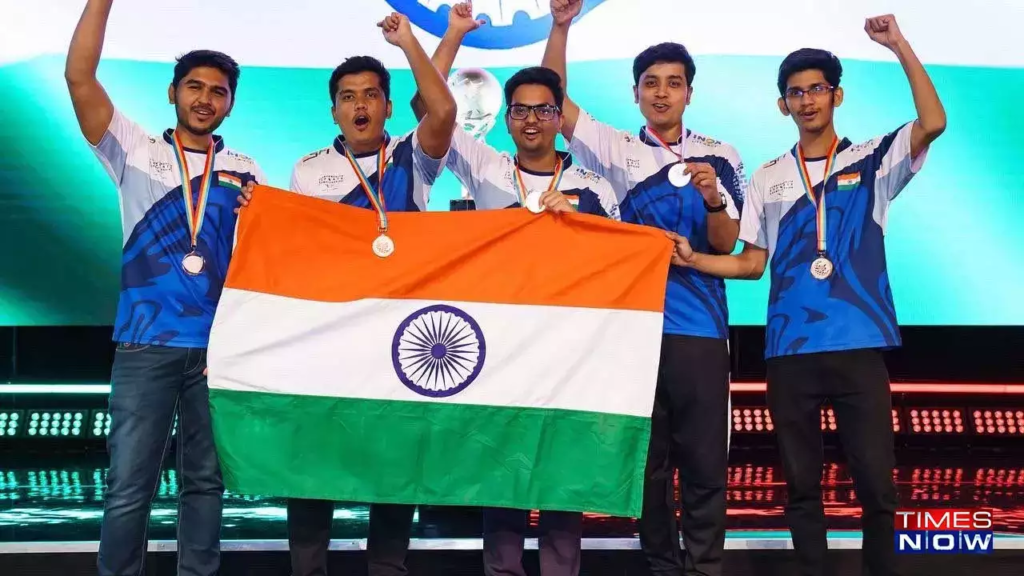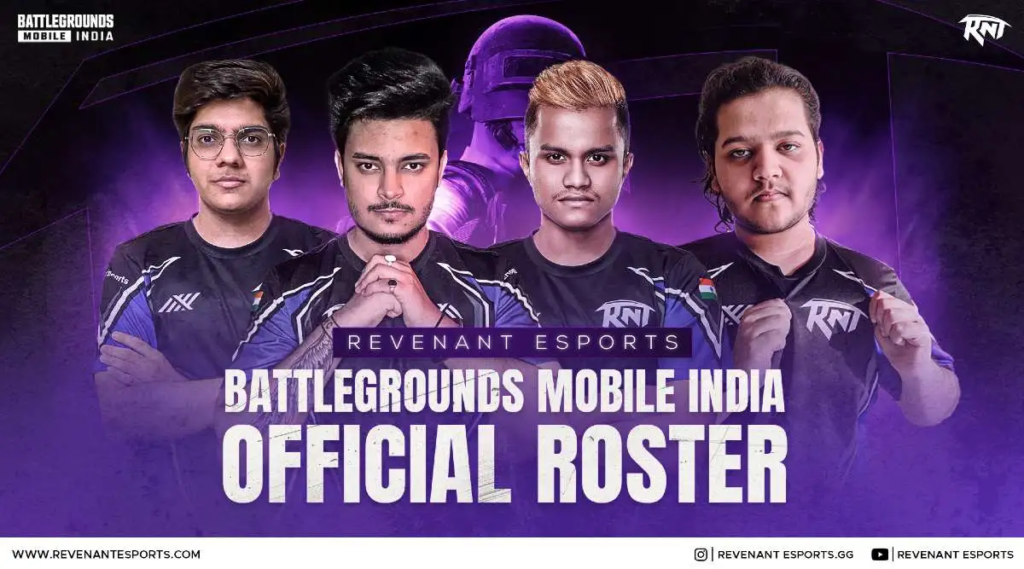
Esports, or competitive video gaming, has witnessed a meteoric rise in popularity worldwide, and India is no exception. With a young and rapidly growing internet user base and a burgeoning gaming culture, the question arises: Is esports in India the future of sports in the country?
This article delves deeper into this question by analyzing the potential of esports and acknowledging the challenges it faces in becoming a mainstream sport in the country.
The Potential of Esports in India: A Booming Industry

Several factors contribute to the immense potential of esports:
- Massive and growing user base: India boasts the second-highest internet user base globally, with a significant portion belonging to the young demographic most receptive to esports. This provides a fertile ground for esports to flourish.
- Accessibility and affordability: Compared to traditional sports requiring specialized equipment and infrastructure, esports offers greater accessibility. A smartphone or computer with an internet connection can be enough to participate in many esports titles.
- Growing viewership and revenue: Esports viewership in India is experiencing exponential growth, attracting sponsorships and investments, making it a lucrative industry with potential career opportunities for gamers and professionals.
- Recognition and international success: Indian esports athletes are making their mark on the global stage, with several teams and individuals achieving success in prestigious international tournaments. This recognition further fuels the domestic esports ecosystem.
- Integration with traditional sports: Interesting collaborations between traditional sports organizations and esports entities are emerging, showcasing the potential for cross-pollination between the two domains.
The aforementioned factors paint a promising picture for the future of esports in the country. However, it’s crucial to acknowledge the challenges that need to be addressed for wider adoption and mainstream recognition.
Challenges on the Road to Mainstream Acceptance for Esports in India

While the potential for esports in India is undeniable, several hurdles exist:
- Social perception and stigma: Traditional mindsets often view video games as a waste of time or detrimental to well-being. Overcoming this negative perception and establishing esports as a legitimate sporting activity is crucial.
- Lack of infrastructure and regulations: Dedicated esports infrastructure, like training facilities and standardized tournaments, is still in its nascent stages in India. Additionally, a robust regulatory framework is needed to ensure fair competition and protect players’ rights.
- Limited career opportunities: While the industry is growing, establishing sustainable and diverse career paths within esports, beyond just professional gaming, is essential.
- Parental concerns and societal pressure: Parents might be apprehensive about their children pursuing careers in esports due to unfamiliarity and concerns about the industry’s long-term prospects. Educating and engaging parents is crucial.
- Bridging the digital divide: Unequal access to technology and internet connectivity across various regions in India can hinder the inclusivity and accessibility of esports.
Addressing these challenges requires a collaborative effort from various stakeholders, including government bodies, esports organizations, game developers, and educational institutions.
Conclusion: A Collaborative Future for Esports in India
While claiming esports as the sole “future of sports” might be premature, it undoubtedly holds immense potential to become a prominent force in the Indian sporting landscape. It offers a unique blend of entertainment, competition, and technological prowess, appealing to a generation raised on digital experiences.
By acknowledging the challenges and working towards solutions, India can pave the way for a future where esports coexists and collaborates with traditional sports, enriching the overall sporting ecosystem and offering exciting opportunities for young generations.
The journey ahead involves fostering an ecosystem that promotes inclusivity, responsible gaming, and acknowledges the potential for esports to contribute meaningfully to the nation’s sporting and entertainment landscape.
